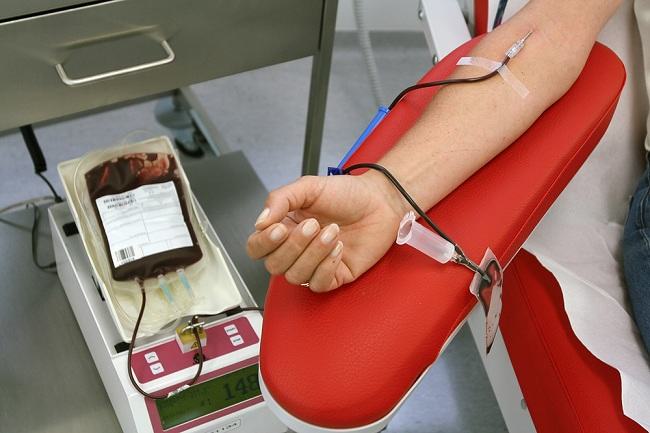Vocal cord surgery is a medical procedure performed to treat various disorders of the vocal cords. This type of surgery can be performed by a variety of methods and is generally tailored to the underlying cause of the vocal cord disorder.
The vocal cords convert air from the lungs into sound. The sound produced by each person is generally different, depending on the size and shape of the vocal cords.

The vocal cords can become impaired for one reason or another. The type of treatment is adjusted to the underlying cause. When mild, this condition can be overcome through speech therapy or the use of certain drugs.
However, in some conditions, surgery is needed to overcome the problems experienced by the vocal cords.
Kinds of Vocal Cord Disorders
Vocal cord disorders can be caused by a variety of things, from infections to tumors. This condition often makes sufferers experience hoarseness or even loss of voice. The following are some types of vocal cord disorders:
Laryngitis
Laryngitis is inflammation of the larynx or voice box (voice box) in the throat. This condition is usually characterized by sore throat, cough, fever, and hoarseness or even loss of voice.
Vocal cord nodules
Vocal cord nodules are tissue growths due to excessive and repeated use of the vocal cords. This condition is generally experienced by a professional singer, so it is often known as singer's nodules.
If you experience this condition, you will not only experience hoarseness, but also pain when speaking.
Vocal cord polyps
Vocal cord polyps are noncancerous growths of tissue that resemble blisters on the vocal cords. Similar to vocal cord nodules, polyps can also occur due to excessive use of the vocal cords, for example, screaming too much. This condition also causes the voice to sound hoarse and heavy.
Vocal cord paralysis
This condition occurs when nerve impulses to the larynx are interrupted, causing the sufferer to experience shortness of breath and hoarseness. This condition can be caused by several factors, such as a viral infection, nerve damage from surgery, or the effects of cancer.
Types of Vocal Cord Surgery
Treatment for vocal cord disorders depends on the cause and severity. If your vocal cord problems are severe enough, your doctor may recommend surgery as a last resort.
In general, the aim of surgery is to restore the function of the vocal cords so that you can speak and swallow properly. Most vocal cord surgeries are also performed to treat polyps, nodules, tumors, and vocal cord paralysis.
Based on the purpose, vocal cord surgery is divided into several types, namely:
1. Microlaryngoscopy
Microlaryngoscopy is performed by inserting a short metal tube (laryngoscope) through the mouth into the vocal cords. This procedure makes it easier to remove tissue when performing a biopsy or when excising polyps or nodules. Thus, the risk of tissue damage can be lower.
2. bulk injection
This procedure is done by injecting substances, such as collagen, fat, and some special substances into the vocal cord muscles to restore the function of the weakened vocal cords. Usually, the procedure bulk injection performed by an ear, nose and throat (ENT) specialist.
3. Reposition the vocal cords
Vocal cord repositioning is done by moving and fixing the position of the vocal cord tissue. This action is done to improve the function of one vocal cord when the other vocal cords are damaged.
4. Replacement of damaged nerves (reinnervation)
In a reinnervation procedure, the doctor will remove healthy nerves around the neck to replace damaged vocal cord nerves. Usually, the vocal cords can function normally about 6–9 months after this procedure is done.
5. Thyroplasty
Through this procedure, the doctor will place an implant in the larynx to restore the function of the vocal cords. In certain cases, this procedure may require more than one operation.
Vocal cord disorders can cause daily activities to be disrupted because it can make communication with other people difficult. If your vocal cords are disturbed, you should immediately consult a doctor for treatment, either with drugs, speech therapy, or vocal cord surgery.









